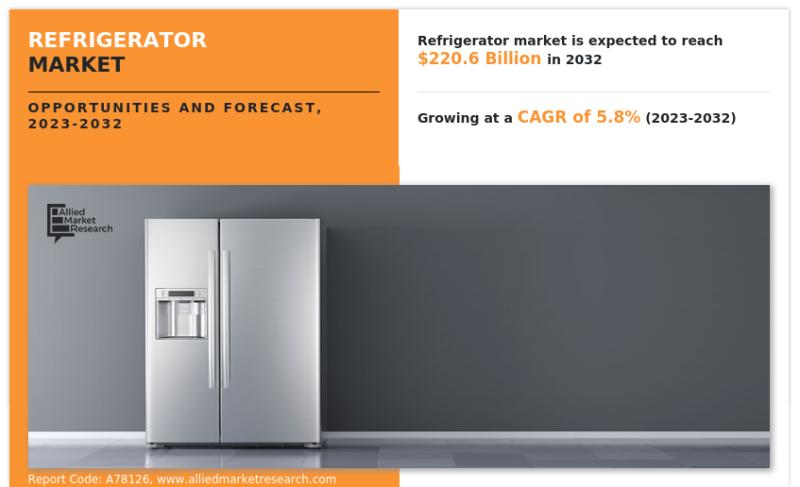COMECE calls on the EU to prioritise family values in the digital age

The Commission of the Bishops’ Conferences of the European Union (COMECE) stresses in a recently published document of its youth advisory body Youth Net that EU policy makers must give priority to family values and Christian ethics in order to reduce the negative impact of the digital revolution on younger generations.
By Lisa Zengarini
In response to the rapid digital transformation affecting European societies, the Commission of the Bishops’ Conferences of the European Union (COMECE) has published a comprehensive contribution from its Youth Net advisory body, stressing the importance of EU policies that better support families in the digital age in order to reduce the negative impact of new media on younger generations.
Digital challenges for families in Europe
The document, entitled ‘Digital challenges for families in Europe’, addresses the dual nature of the digital revolution, pointing to both the benefits and risks of increased connectivity, and therefore stresses the need for EU policymakers to ensure that technological advances strengthen family values and are consistent with the Christian ethos.
Recalling the message for this year’s World Day of Peace on the theme of “Artificial Intelligence and Peace,” in which Pope Francis declared that “inherent dignity and fraternity must be the basis for the development of new technologies,” the introduction to the document states that these words are an invitation to people around the world “to reflect on the evolution of technological progress and to work towards the elaboration of new ethical frameworks for families.”
This argument, the foreword continues, has been reinforced by feedback from youth representatives from all EU Member States, as well as by official EU barometers, which emphasise this common concern of families facing the double challenge of adapting to new technologies “while trying to participate in the democratic processes that promote social cohesion”.
The impact of digitalization on family dynamics and society
The nine-page document identifies some of the key challenges that digitalization poses to family dynamics, such as social isolation, mental health issues, digital addiction, online risks for children and, on a larger scale, its cultural and societal impact on traditional Christian and family values.
It then highlights the principles of Catholic social teaching, including human dignity, concern for the common good and the promotion of authentic interactions, as essential to addressing these problems and emphasizes the central role of the family.
Recommendations in the light of Catholic social teaching
In light of these principles and with the aim of developing a more connected, respectful and human-centred digital environment, COMECE Youth Net therefore recommends that EU policymakers implement three key actions.
The first objective is to promote media and information literacy (MIL), that is, education that focuses on critical thinking and ethical principles and involves churches and religious organizations in the development of educational projects.
Second, the paper calls for more effective regulation to protect children from harmful online content such as pornography, while encouraging cooperation with religious institutions.
Finally, it is proposed to promote genuine human connections through a social campaign that addresses issues such as loneliness and self-esteem, involving diverse role models.
Need for a concerted effort
Finally, the document stresses that a concerted effort is needed to reconcile technological progress with the preservation of family values and human dignity. “By focusing on education, regulation and positive digital engagement, we can create an environment that supports both technological progress and the preservation of fundamental family and societal values,” it concludes.


